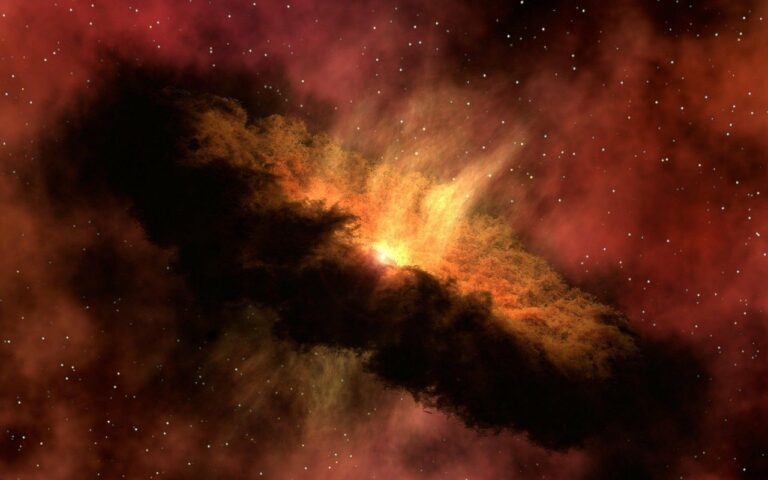A new generation of radiation detectors are being employed to help protect safety critical systems and national infrastructure against the effects of severe space weather.
The Science and Technology Facilities Council’s (STFC) RAL Space has awarded £131,000 (US$181,900) to Lancaster University in the UK to design a prototype network of radiation detectors which will help with predicting and understanding space weather events.
The first international network of ground-level neutron monitors were established in 1957 but there are now only around 50 active stations worldwide and none in the UK. The funding will kick off a 12-month design phase during which a team from Lancaster University will design smaller, cheaper monitors.
Traditional monitors rely on detectors that are either no longer financially viable or use highly toxic materials. The team intend to employ detector technology recently developed as an alternative.
The development of the new design could lead to two monitors being installed and tested in the UK and ultimately a new UK network and technology that could be exported to boost radiation monitoring across the world. Such a network would provide global monitoring, preparing humankind for the impact of severe space weather on power grids, global navigation satellite systems (GNSS), spacecraft, aircraft, radio communications and control systems.
Dr Michael Aspinall, principal investigator and senior lecturer in the Department of Engineering at Lancaster University, said, “We are delighted to be working on such a relevant and exciting project. Our team has an extensive and proven track record in detector and instrumentation design and deployment – I’m thrilled to lead such a knowledgeable and experienced team. We hope to deliver a viable, demonstrable solution that is cheaper and with better performance than existing ground-level neutron monitors. Ultimately this will enable the reintroduction of monitoring in the UK and a major increase in monitoring worldwide.”
This funding is part of a £20m (US$28m) research program, funded by UK Research and Innovation (UKRI) to improve the UK Met Office’s ability to monitor and predict space weather events.



